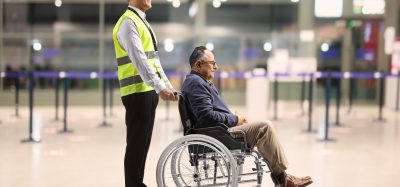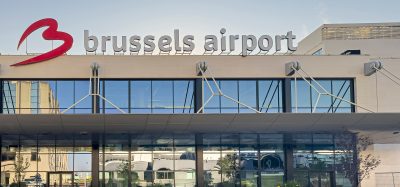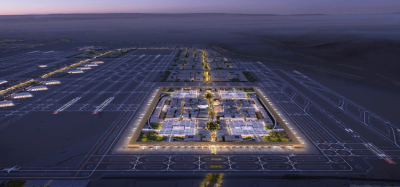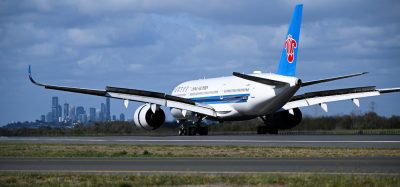Is British Airways flying towards a no-frills future?
- Like
- Digg
- Del
- Tumblr
- VKontakte
- Buffer
- Love This
- Odnoklassniki
- Meneame
- Blogger
- Amazon
- Yahoo Mail
- Gmail
- AOL
- Newsvine
- HackerNews
- Evernote
- MySpace
- Mail.ru
- Viadeo
- Line
- Comments
- Yummly
- SMS
- Viber
- Telegram
- Subscribe
- Skype
- Facebook Messenger
- Kakao
- LiveJournal
- Yammer
- Edgar
- Fintel
- Mix
- Instapaper
- Copy Link
Posted: 6 April 2017 | Roy Manuell, Digital Editor | No comments yet
In a world increasingly-dominated by low-cost airlines, the recently-scorned British Airways are making a brave step towards the future…
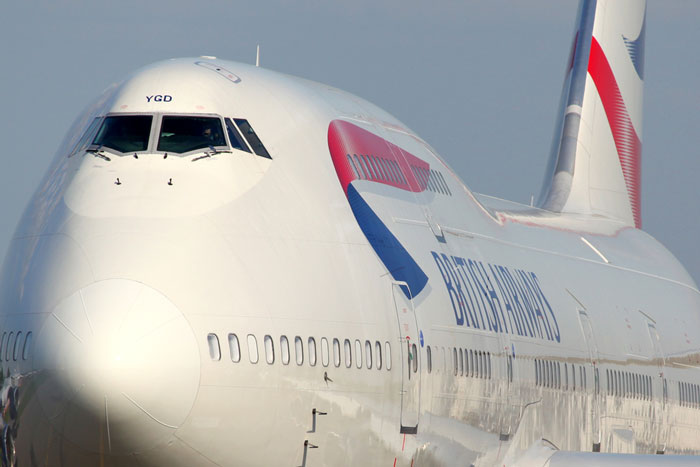

The last few weeks have been tough for British Airways. Several high-profile news stories surrounding the airline have hit the headlines: from five hour delays due to a lack of lavatory paper to a terrible experience of one particular elderly lady and finally a consistent inability to keep sandwich stocks high. This has done little for the UK’s carrier airline’s corporate image leading one tabloid British newspaper to inventively label the carrier ‘British Bareways’.
This media and public furore took off when the airline announced earlier in 2016 that it would charge for all in-flight meals on shorter routes, leading many to draw comparisons between the legacy airline and low-cost carriers such as Ryanair and easyJet who both attribute a significant proportion of their profits to in-flight revenues. With news that British Airways also plans to fit an additional two rows of seats onto its A320 and A321 Airbus aircraft which will cut legroom in economy class on some flights from 30 to 29 inches – an inch less than Ryanair.
So why are BA making all of these changes?
These adaptions are all part of a long-term trimming process and indicate a fundamental change of strategy for the airline. This is indisputably in light of the ‘low-cost’ revolution about which you can find out more here.
It seems BA are flying towards becoming a no frills option:
- 2009: Free meals were scrapped on a few of the shorter routes.
- 2013: “No-frills” fares were introduced on some routes which meant passengers had to pay a higher fare if they wished to check-in baggage.
- 2015: Flyers who had booked hand-luggage fares were forced to pay a fee to select seats.
- 2016: British Airways streamlined its economy fares into three categories – the “Basic” fare, as a hand-luggage only option.
Still, BA are still considered however to be a more expensive option despite the trimmings, though this might change as it ultimately seeks to compete with Ryanair, EasyJet, Norwegian, and Vueling among others.
The no-frills strategy as a necessary evil
The trimming process feels like a necessary one. As Brexit begins to kick in, the UK economy is expected to slow and with it air travel figures. For example, last year, airline fares were down 2%. Many destinations have seen slowing figures for example, due to fears of the terrorism threat. The current and relatively new CEO of British Airways, Álex Cruz, was previously in charge of Vueling and appears to be implementing a similar business strategy to that of the Spanish-based, budget airline.
It is currently proving a success. While the FTSE 100 looks in trouble in London, the share price of International Airlines Group (IAG) which included British Airways has shown significant growth. Furthermore, the wealth that the highly successful Frequent Flyer programme of whom 7m passengers are members, should ensure their loyalty despite the bad press British Airways are currently facing in this transitional phase.
In competition with Norwegian, a success story in the fight against the dominance of Ryanair and the other stereotypical low-cost carriers, British Airways looks intent in becoming one of the early pioneers of the low-cost, long-haul phenomenon that we will inevitably come to see as common practice in the coming years.
Read International Airport Review’s predictions for what will change aviation in the next 20 years..
Related topics
Aeronautical revenue, Aircraft, Airside operations, Economy, In-flight activity




